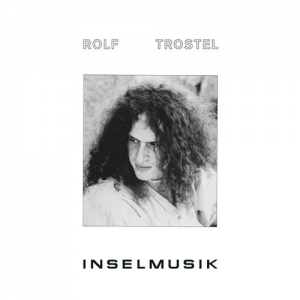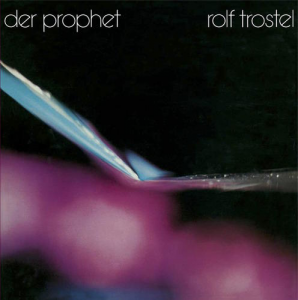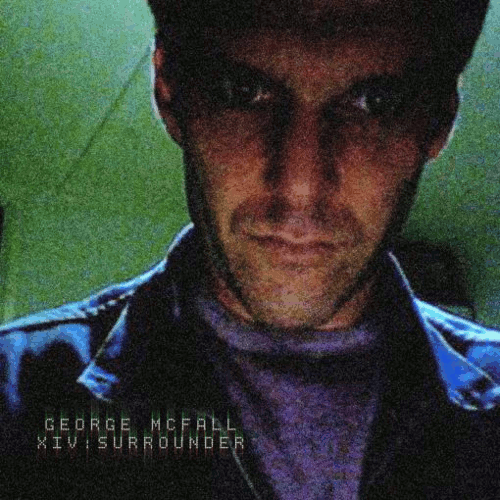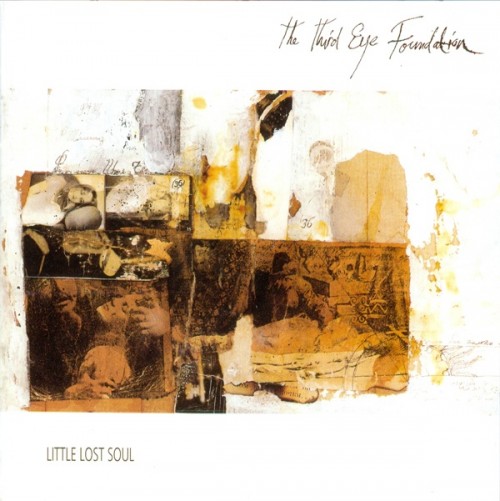 During the late ’70s and early ’80s, Rolf Trostel was one of a few musicians exploring the landscape of Berlin School electronic music. At this time, most of these artists only made a handful of albums and Trostel’s legacy of work can be seen alongside artists such as Zanov and Didier Bocquet as creating this brief blip on the musical landscape.
During the late ’70s and early ’80s, Rolf Trostel was one of a few musicians exploring the landscape of Berlin School electronic music. At this time, most of these artists only made a handful of albums and Trostel’s legacy of work can be seen alongside artists such as Zanov and Didier Bocquet as creating this brief blip on the musical landscape.
All three artists began to mix old analogue synthesis with the emerging digital synthesizers. These were sounds that didn’t always sit easily together — just one listen to Klaus Schulze’s Dig It album shows that this early cross-pollination didn’t always bear the best fruit. Even the giants of the scene, like Tangerine Dream, were scuttling between warm analogue patches and digital cold making their sonic landscapes such as Tangram less cosmic voyages and more a soundtrack for dystopian science fiction.
Trostel’s work doesn’t suffer from this awkward combination because he knew his instrument, the PPG Wavetable Synthesizer, inside out since he worked briefly as a distributor for the synth. 1981’s Inselmusik straddles the two camps quite effortlessly. The opener “Test Tanz” perfectly marries kosmische music with the Roland CR-78 CompuRhythm drum machine and creates a perfect hybrid of ethereal choirs and pulsing beat. Trostrel’s soloing proves he wasn’t afraid to add in some progressive rock keyboard runs as well, just to stop the whole thing drifting in to the aether, and somehow keeping it grounded. You can hear the influence of Schulze and Tangerine Dream in there, but Trostel manages to make his own unique voice heard as well, and he is quite wonderfully melodic too. This melody aspect brings him at times closer to Jean-Michel Jarre in feel.“Art Meta” is full of lush sequencers that bubble away while a dreamy lead synth meanders away over the top. Perhaps some of sounds from the PPG are most noticeable on this track because of a very slight industrial crack of heaviness, but these are tempered by some spacey lead parts, so they don’t jar in anyway at all. Middle Eastern arabesques are thrown in to make the track a heady brew and to take the listener on a journey. “Ur Teil” is a slight yet haunting piece, but like one of Jupiter’s moons it will always be in the shadow of the larger epic that is “Skizo”. Nineteen minutes long and is almost otherworldly at points, it drifts like the Tang’s Zeit, creating its own centre of gravity as it spins majestically in orbit. Its rhythm is like a pulse, almost like the radio noise of the slow spin of this giant. At time it touches soundwise on Schulze’s Moondawn — but that’s no bad thing.
 There are no such epic tracks on 1982’s Der Prophet, as if Trostrel wanted to streamline his sound somewhat, and the album can been seen as companion to Tangerine Dream’s Exit in some respects. This was the first Trostel album I had heard and so in my mind it links me into memories of seeing Blade Runner at the cinema and the wonderful new futuristic world that awaited us all. The title track is a tour de force of what was best about early ’80s electronic music of this type. It sweeps along cinematically, giving you the feeling of blue neon lights and worlds populated by androids. It is moody and reflective, without ever losing its core melody. In some ways its closer to some of John Carpenter‘s soundtrack work of the era, but rather than the underlying fear and dread, it is searching for brave new worlds in the outer regions of space.
There are no such epic tracks on 1982’s Der Prophet, as if Trostrel wanted to streamline his sound somewhat, and the album can been seen as companion to Tangerine Dream’s Exit in some respects. This was the first Trostel album I had heard and so in my mind it links me into memories of seeing Blade Runner at the cinema and the wonderful new futuristic world that awaited us all. The title track is a tour de force of what was best about early ’80s electronic music of this type. It sweeps along cinematically, giving you the feeling of blue neon lights and worlds populated by androids. It is moody and reflective, without ever losing its core melody. In some ways its closer to some of John Carpenter‘s soundtrack work of the era, but rather than the underlying fear and dread, it is searching for brave new worlds in the outer regions of space.
It’s wonderful that Bureau B have reissued these hard to find albums, and it’s the first time they have been released on CD as well. Trostel’s work is forever held in the amber of time of the early Eighties, but these works don’t sound dated. In fact, they have an almost timeless quality about them. So many digital synth albums from this period sound somewhat overproduced, too harsh or seem to lack any emotional depth, but this is not the case with Trostel’s work and these new remastered editions sound wonderful. I’m hoping Bureau B will complete the reissues of Trostel’s work and maybe venture into some of the other electronic pioneers of the early Eighties who caused a minor blip in the deep reaches of space.
-Gary Parsons-




One thought on “Rolf Trostel – Inselmusik / Der Prophet”
Just listened to Inselmusik this week. Yes indeed, timeless. Thanks Bureau B for re-introducing these titles to new generations.